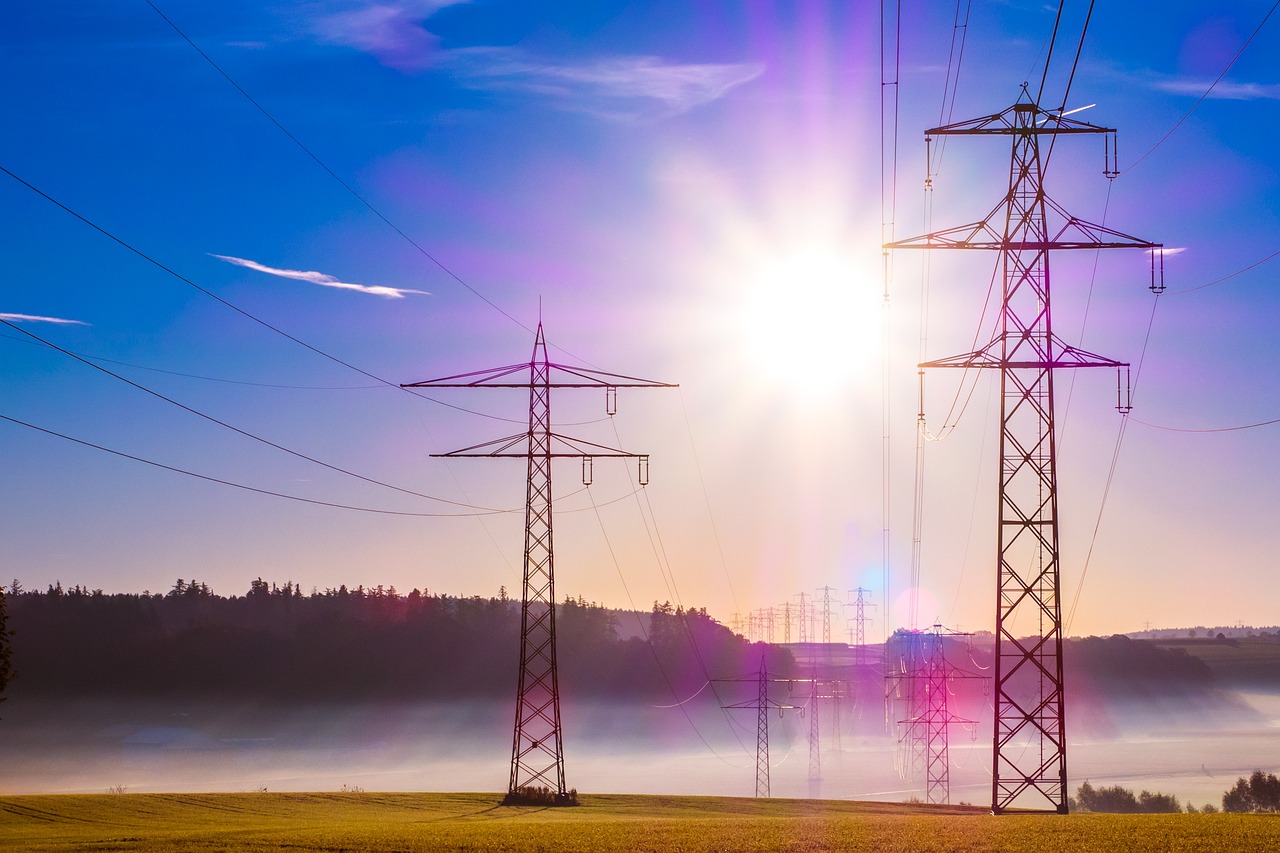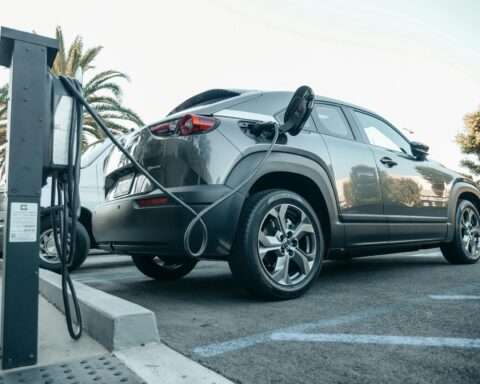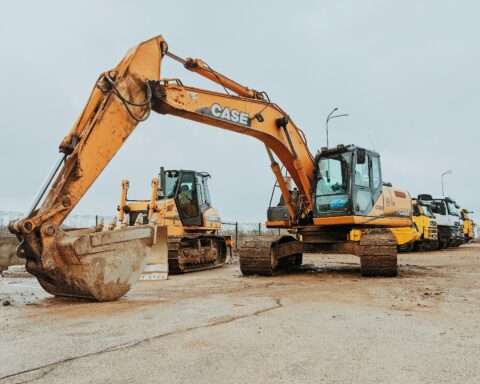This story was originally published in the Government Contracting Pipeline newsletter from Strategic Partnerships, Inc. To have the latest government contracting news stories from across the country delivered straight to your inbox, click here to subscribe.
The Illinois Commerce Commission (ICC) recently approved the 2024 through 2027 grid plans for two utility companies. The combined plans will invest an estimated $2.33 billion in projects to reinforce power grid reliability and advance electrification efforts.
The grid plans have been amended following the ICC’s initial rejection in 2023. Commonwealth Edison’s (ComEd) original $2 billion plan was cut by 25% to $1.5 billion, whereas Ameren’s $333 million proposal was reduced by 75% to $83 million.
ComEd will focus its efforts to increase grid resiliency, keeping consumers protected against severe weather caused by climate change. Resilience projects will be supplemented by the deployment of additional solar and other distributed energy resources (DERS), emphasizing broader integration of solar, wind and battery energy storage. To enhance oversight and control of these systems, the company will expand its resource management systems to better monitor, control and integrate DERS across the grid.
Ameren will prioritize similar objectives to enforce grid safety, reliability, resiliency, customer experience and to advance the transition to clean energy. Projects included in the plan will modernize the electric grid, replace aging infrastructure, perform preventative maintenance and automate processes. These investments will capitalize on expanded solar, wind and battery storage solutions to ensure consumers will have continual power at all times and in all weather conditions while remaining affordable.
With the approvals filed, the ICC has recognized that both utility companies have the tools and resources to support, advance and modernize the state’s power grid. These investments will play essential roles in transitioning the grid to clean energy, supporting decarbonization efforts while keeping energy rates affordable for consumers.
Both plans are consolidated with their 2024 through 2027 multi-year rate plans, which determine how much ratepayers will contribute to system maintenance and upgrade projects. With the plans prioritizing key system improvements for renewable energy, Illinois could be fully decarbonized by 2045.
Image by Michael Schwarzenberger from Pixabay













